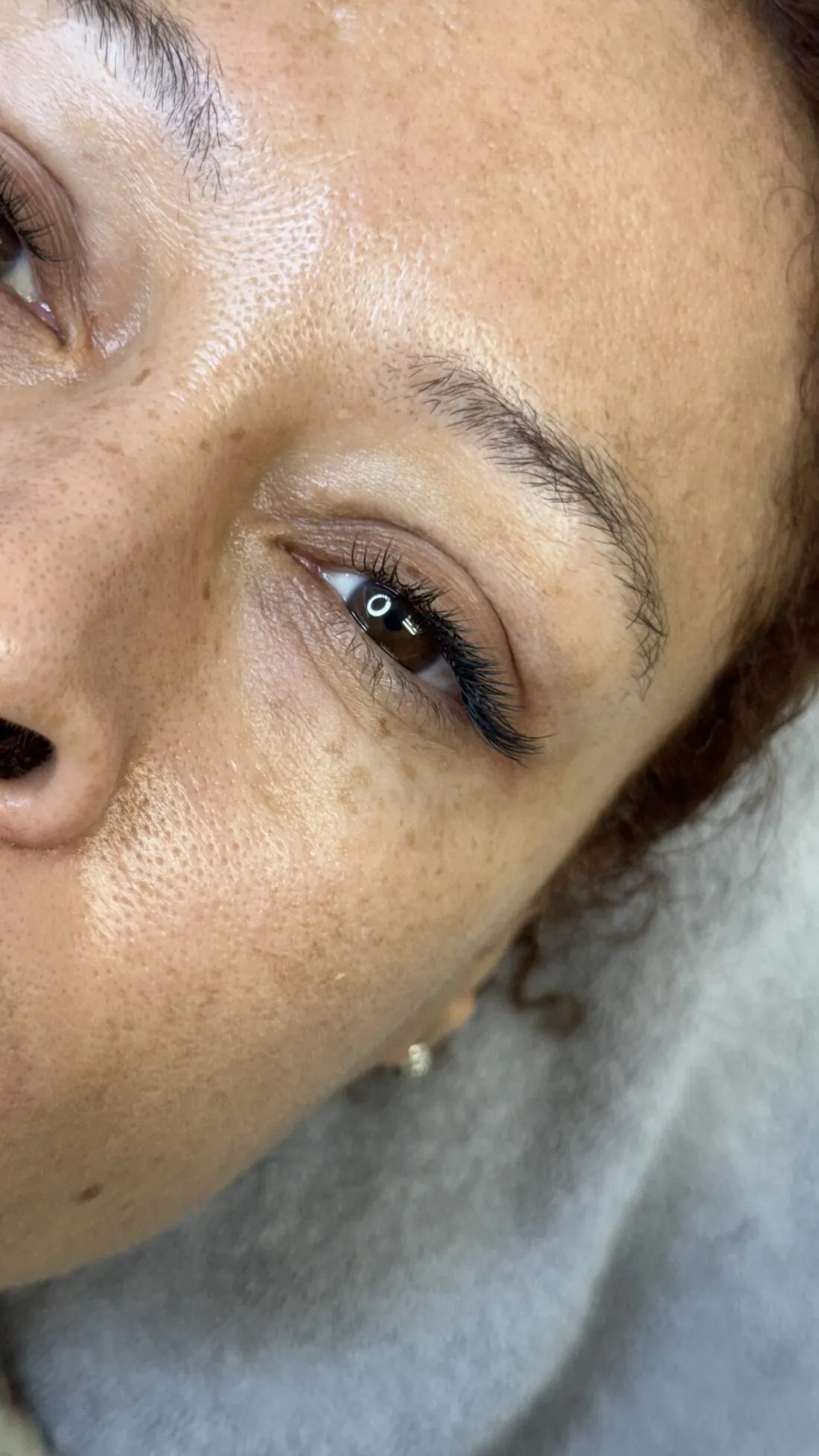How to Keep Your Lashes Looking Flawless
Spring is a time of blooming flowers, warmer weather, and unfortunately, seasonal allergies. If you suffer from allergies, you know the struggle of dealing with itchy, red, and watery eyes. For those with eyelash extensions, these symptoms can pose additional challenges, making it harder to maintain your stunning lash look. However, with the right care and precautions, you can enjoy your extensions without discomfort.
Understanding Seasonal Allergies and Eyelash Extensions
Seasonal allergies, also known as hay fever or allergic rhinitis, occur when allergens like pollen, dust, and grass irritate the immune system. These allergens can cause swelling, itching, and puffiness around the eyes. Since eyelash extensions tend to trap allergens more than natural lashes, they may intensify allergy symptoms. Frequent eye rubbing and irritation not only compromise the longevity of your extensions but can also increase the risk of eye infections.
While symptoms of allergies may resemble a reaction to lash extensions, they are usually due to seasonal allergies rather than the adhesive or lash fibers. Proper aftercare and hygiene can help manage symptoms and ensure your extensions remain intact.
How Allergies Affect Lash Retention
Applying eyelash extensions requires precise conditions, including controlled humidity and temperature, to ensure the adhesive bonds correctly. However, excess moisture from watery eyes can cause the lash adhesive to harden too quickly, leading to weak bonds and poor retention. Additionally, natural tears contain proteins and electrolytes that break down the adhesive, making lashes more prone to premature shedding.
Tips to Manage Seasonal Allergies with Eyelash Extensions
If you want to keep your lash extensions looking flawless despite seasonal allergies, follow these expert tips:
-
Avoid Rubbing Your Eyes
Rubbing your eyes can loosen lash extensions and irritate the skin around them. Instead of rubbing, use a clean, cool damp cloth to gently soothe your eyes.
-
Use Allergy Medication
Taking antihistamines before your lash appointment can help reduce symptoms like watery and itchy eyes. This ensures a smoother application process and helps your extensions last longer.
-
Clean Your Lashes Regularly
Using an oil-free lash cleanser twice a day helps remove allergens trapped in your extensions. A gentle cleanse in the morning and before bed can prevent irritation and buildup.
-
Brush Your Lashes Daily
Using a clean mascara wand or spoolie brush can help remove debris and keep your extensions looking neat. This also prevents allergens from accumulating between the lashes.
-
Limit Exposure to Allergens
Reduce contact with allergens by staying indoors on high pollen days, keeping windows closed, and wearing sunglasses outdoors to protect your eyes from dust and pollen.
-
Stay Hydrated
Drinking enough water helps maintain eye moisture and reduces dryness, making allergy symptoms more manageable.
-
Opt for Hypoallergenic Makeup
Choose fragrance-free, oil-free, and water-based eye makeup to prevent additional irritation. Always remove makeup thoroughly at the end of the day to keep allergens from lingering on your lashes.
-
Consider Lash Services for Convenience
Eyelash extensions, lifts, and tints can minimize the need for daily eye makeup, reducing eye contact and irritation during allergy season.
Managing Allergies While Keeping Your Lashes Intact
Dealing with seasonal allergies doesn’t mean you have to sacrifice beautiful lashes. By following these tips, you can protect your eyelash extensions and keep them looking their best. If your allergies become too severe, taking a short break from extensions is always an option—you can return to them once allergy season subsides.
At Lashes by Shigeru, we prioritize your comfort and lash health. Our expert lash artists provide personalized consultations to help you maintain stunning, long-lasting extensions year-round. Book an appointment today and let us help you achieve the perfect lash look, even during allergy season!
Disclaimer: I am not a certified physician. Please consult a healthcare professional for medical advice on allergies.


